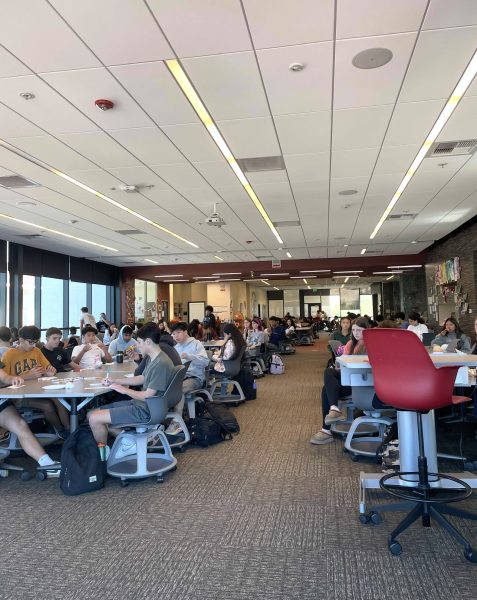The Census-how it shape US for the next 10 years
As everyone has slowly settled into 2020, stopped miswriting the date and finished planning their bucket list, many are unaware of a big event for our nation coming up later in the year–the census.
As written in Article 1 Section 2 of our constitution, a census takes place every ten years, it counts the total population in a state, including citizens, legal residents, long term visitors, and undocumented immigrants, meaning non-citizens is also a part of the big process. This number decides the number of seats the state receives in the House of Representatives, and how federal funds are distributed to the different regions of the US, until 2030.
The preparation for the 2020 census has begun way before 2020, back in May 2018, The US census bureau announced that they will add a citizenship question onto the 2020 census, requested by the Justice Department, it asks every American household to record who in their family are US citizens.
Right after the announcement, the decision faced a lawsuit, with 14 states, including California, trying to force the government to leave that question out. The government justifies themself by saying that the question’s purpose is to simply get more data on the voting age population with no further intentions, but critics think that there are improved ways to gather this information.
Most importantly, adding this question may discourage non-immigrants or even legal immigrants to participate in the census, resulting in undercounting of the population, leading to poor representation in Congress, and false distribution of federal funds.
The Supreme Court sided with the 14 states on this issue and blocked the citizenship question from being added to the 2020 census, also doubting the genuinity of the reason for adding the question.
Assuming there really is not any other intention to add the citizenship question other than to get voting age population data, adding a question as blunt as this on the 2020 census will most definitely discourage participation on the census, considering the Trump administration’s many policies against immigrants, it’s only natural for people to assume that there is other intentions behind the problem.
Simply redirecting the question in a more non-sensitive way may lessen the effect of the misunderstanding, such as, “How many in your family is eligible for voting?” But considering the true intention of the question is still unclear to the majority population, getting a more accurate number on the census is far more important to the country than getting better voting data; considering the risk, after all, every count matters.

Edward Cheng is a sophomore at Monte Vista faced with many hard courses, this is his first year taking...






